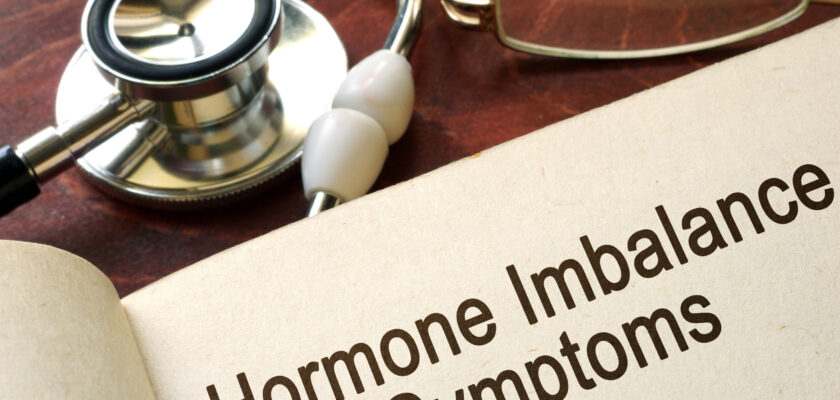Worried you are experiencing hormone imbalance? Want to know what the causes and symptoms are? Here it is. This article will provide you with all the information you must know.
Hormonal imbalance occurs when you have more or less of a hormone. Even a little change in the number of hormones can lead to symptoms that may require medical help. While some hormonal abnormalities are persistent, some can be long-term. Additionally, some hormone imbalances must be treated for you to maintain your physical health. However, some problems may not directly influence your health but still have a detrimental impact on your quality of life.
There are over 50 hormones in the human body that can have a great impact. The process and mechanisms of the body that can be affected by hormones are growth, reproduction, moods, sleep cycle, metabolism, etc.
You can get yourself checked for hormonal changes at any hospital, or even mobile clinics are now very famous. A mobile clinic is a setting where general examinations, and consultations, are done by a doctor who is either a general practitioner, specialist, or super-specialist. This facility is generally provided in a mobile vehicle. Mobile healthcare facilities are a great option for getting yourself tested and treated.
This blog aims to state all the symptoms and causes of hormonal imbalance in your body. Go through the article to know.
What Are The Causes Of Hormonal Changes And Imbalances?
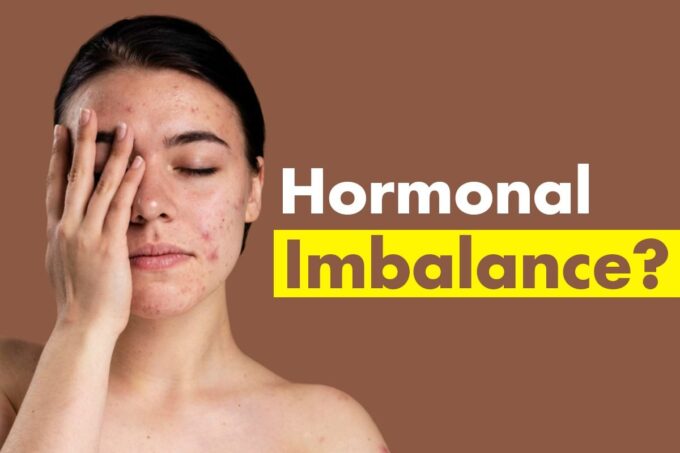
Source:india.com
Hormonal changes are constantly happening in the body. However, there are some phases and periods of life when major changes happen.
- There are different stages in life where everyone experiences a few changes in hormones. These stages are puberty, pregnancy and menopause.
- Other common and frequent causes of these imbalances can be stress, steroids and even some kind of medications. However, these problems are temporary and can be treated with proper medications and stress management.
- The conditions that are capable of causing chronic hormonal change are injuries to the endocrine gland, adenomas, tumours or other kinds of growths, etc.
- Other causes can be taking birth control pills, being overweight, improper nutrition and diet, and exposure to pollution, toxins, chemicals, etc.
Common Signs Of Hormonal Imbalances
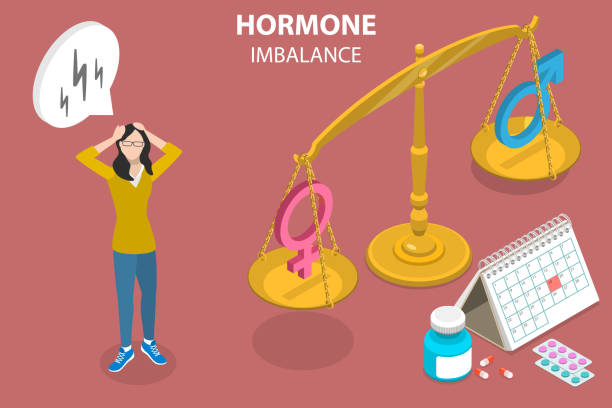
Source:istockphoto.com
Here are a few signs you must be aware of and look out for. If you experience any of these, your body may be experiencing hormonal changes.
- You are Having issues sleeping at night and falling asleep.
- You need sugar or caffeine in frequent intervals to keep you going
- You are experiencing mood changes like anger, energy crash, anxiety, etc.
- You can not start your day without caffeine intake
- You get angry when you get hungry more often.
What Are The Symptoms?
You may experience various symptoms because your body produces over 50 hormone secretions, each of which contributes to vital physical activities.
● Symptoms Caused Due To Sex Hormone Imbalance
In females, The ovaries’ production of the sex hormone progesterone and oestrogen can cause imbalances. Additionally, they may have too much androgen and testosterone. Acne, hair loss, heavy and irregular periods, dryness in the vagina, infertility, etc., are some of the symptoms.
In males, The sex hormones testosterone and other sex hormones can be out of balance. Losing muscle mass, losing interest in sex, losing body hair, enlarging breast tissues, etc., are a few symptoms.
● Symptoms Affecting Metabolism
Your metabolic activities can be affected by some symptoms that are caused by hormonal changes. It is the most common and basic symptom. Fatigue, constipation, diarrhoea, higher blood cholesterol level, dry hair and skin, rapid or slow heartbeat, constant urination, etc., are some of the common symptoms faced by people that affect the metabolism.
● Anxiety
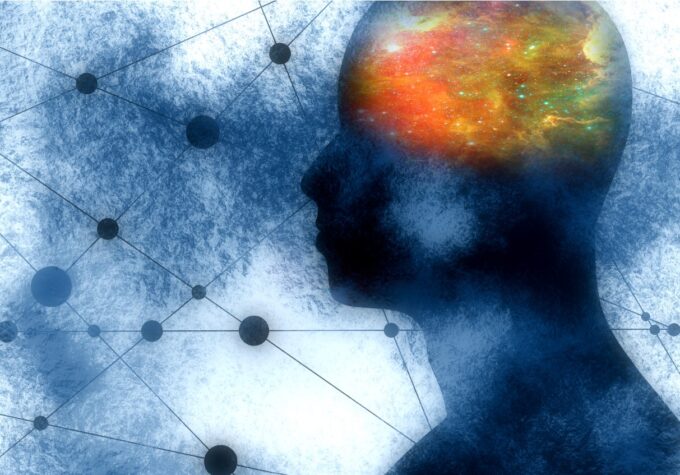
Source:endocrineweb.com
Anxiety can be a symptom of hormonal changes. One of the major reasons is hyperthyroidism. Thyroid hormone overproduction increases metabolism. Along with unusual anxiousness, restlessness, and irritability, this might result in anxiety. Another major yet rare symptom is Cushing’s syndrome. It causes irritability, anxiety and also depression. If you are experiencing anxiety, you must consult your doctor.
● Weight Gain
A major cause of weight gain caused due to hormonal imbalance can be hypothyroidism, which means having low levels of thyroid hormone. It reduces the speed of metabolism, thereby causing weight gain. One genuine reason for weight gain is during menopause. Major hormonal imbalances happen during this phase and lead to this symptom. Just like anxiety, Cushing’s syndrome is also responsible for gaining weight. PCOS-related hormonal abnormalities might also result in weight gain.
● Acne
Sebaceous glands in the skin can overproduce oil, which can result in acne. Even the hormones progesterone, oestrogen, and testosterone can have an impact on a person’s sebaceous glands causing acne. Overproduction of testosterone can block pores and thereby cause acne. Post-menopausal acne in women can occur, and variations in oestrogen and progesterone levels may be to blame.
● Hair Loss
Reduced androgen hormones like testosterone have been linked to male hair loss patterns. The front and top of the head experience hair loss as a result of this disease. Despite the fact that as men age, their hormone levels vary, not all develop this disease.
What Test Will You Have To Do
In order to check for your hormonal imbalances, your doctor may ask you to do the following tests.
● Imaging
Tests such as X-ray, magnetic resonance imaging (MRI), ultrasound, etc., are done to find tumours that might be the reason the body produces too many hormones.
● Blood Tests
Thyroid, oestrogen, testosterone, etc., can be tested through blood testing.
● Urine Tests
Specifically, hormones relevant to menstruation, such as follicle-stimulating hormone, are measured by doctors via urine testing.
Conclusion
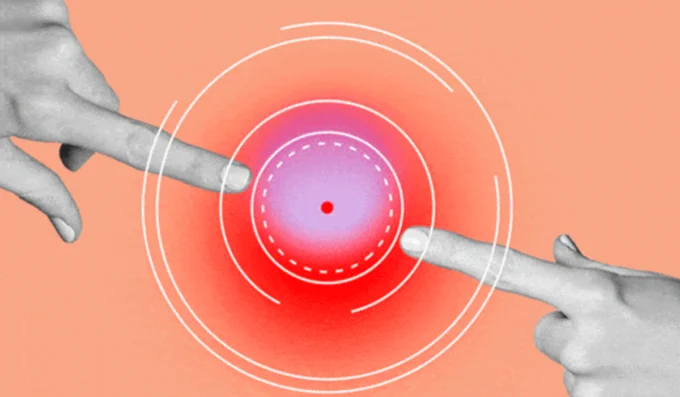
Source:bebeautiful.in
‘This article vividly covers all the topics related to hormonal changes. You will get to know what the causes are, how you can recognize the reasons, what the symptoms are as well, and what tests you will have to do. Some common symptoms are weight gain, anxiety, sexual problems, disrupting metabolic activities, hair loss, acne, etc. Some of these are temporary, while some can be chronic; you need to identify them and get them treated by a doctor as early as possible.

